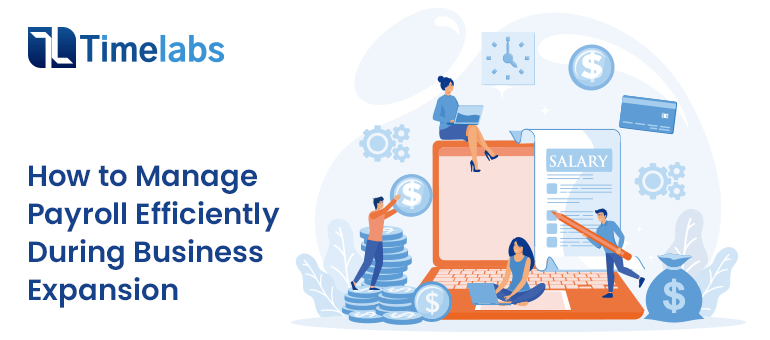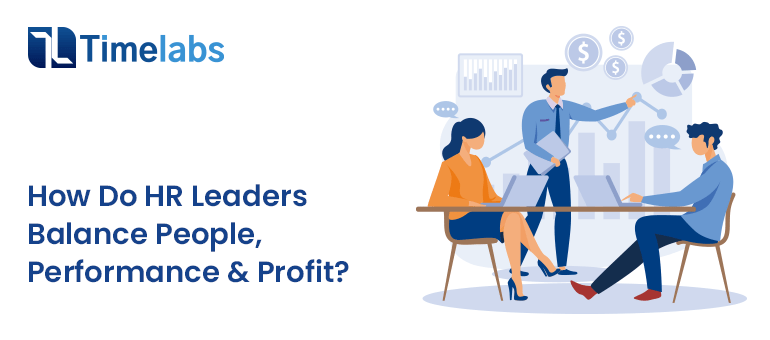Business expansion brings exciting opportunities but also complex challenges, particularly in managing payroll. As companies scale, the demands of payroll processing grow, requiring precision, compliance, and efficiency. This article outlines practical strategies to streamline payroll operations during growth, leveraging tools like HR Payroll Software and insights from industry practices, with a focus on solutions offered by Timelabs.
Understanding Payroll Challenges During Expansion
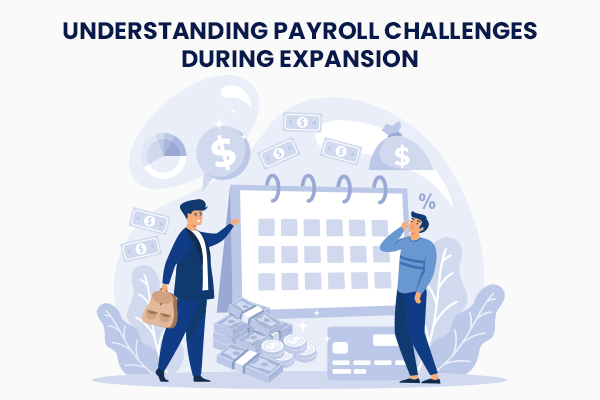
Scaling a business often means hiring more employees, entering new markets, and navigating diverse regulations. Payroll becomes more intricate as employee numbers increase and compliance requirements multiply. Errors in payroll can lead to employee dissatisfaction, legal penalties, or financial losses. A structured approach, supported by technology, is essential to address these challenges.
Key Payroll Pain Points
- Increased employee data volume, complicates recordkeeping.
- Diverse tax regulations across regions or countries.
- Time consuming manual processes that delay payroll cycles.
- Ensuring compliance with labor laws and statutory requirements.
Leveraging Technology for Payroll Efficiency
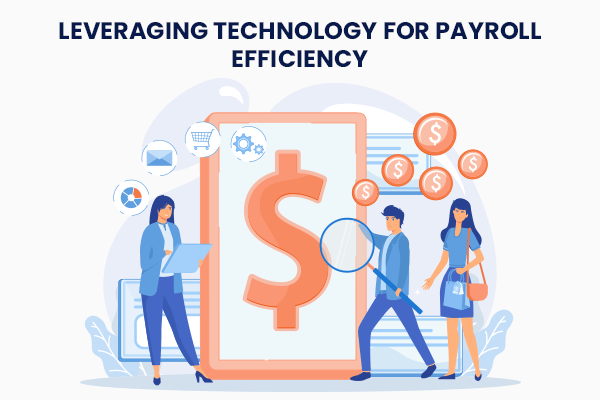
Automation is a cornerstone of efficient payroll management. By adopting HR Software, businesses can reduce manual tasks, minimize errors, and ensure compliance. Timelabs provides tools that integrate payroll with employee data management, streamlining processes during expansion.
Benefits of Automation
- Error Reduction: Automated calculations eliminate manual mistakes in deductions or tax filings.
- Time Savings: Batch processing of salaries saves hours compared to manual entry.
- Scalability: Systems handle growing employee numbers without proportional increases in administrative effort.
- Compliance: Built in updates for tax codes and labor laws keep businesses compliant.
For example, Timelabs’ Payroll Software In India automates statutory compliance tasks like PF and ESI calculations, ensuring accuracy even as businesses expand into new regions.
Structuring Payroll for Growth
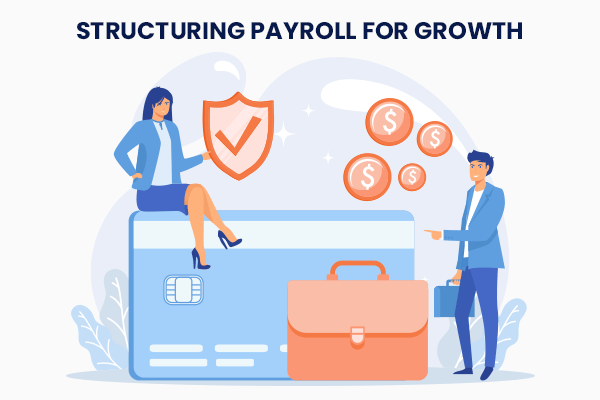
A well organized payroll system is critical during expansion. Businesses should establish clear processes early to avoid disruptions. This involves setting up standardized workflows, integrating payroll with HR functions, and ensuring data security.
Steps to Structure Payroll
- Centralize Employee Data: Use a single platform to store employee details, salaries, and tax information.
- Standardize Processes: Create uniform payroll procedures across all locations to ensure consistency.
- Integrate Systems: Link payroll with time tracking and attendance for seamless data flow.
- Secure Data: Implement encryption and access controls to protect sensitive employee information.
By using HR Payroll Software, businesses can centralize data and automate workflows, reducing administrative overhead. Timelabs’ solutions, for instance, offer secure cloud based platforms that scale with business growth.
Ensuring Compliance Across Regions
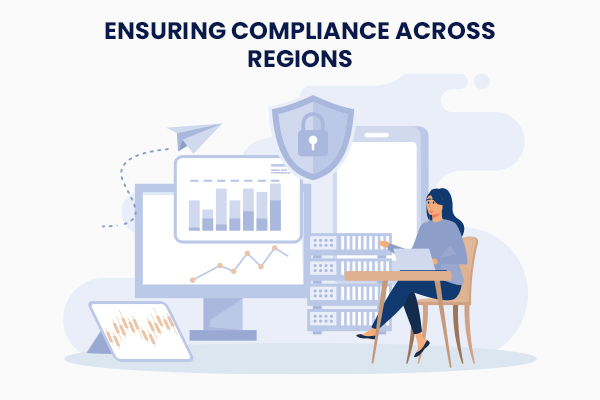
Expansion often involves operating in multiple regions, each with unique tax and labor regulations. Non compliance can result in hefty fines or reputational damage. Payroll Software In India simplifies compliance by automatically updating tax rates and statutory requirements, ensuring businesses meet local obligations.
Compliance Strategies
- Regularly audit payroll processes to identify gaps.
- Use software with built in compliance updates for real time accuracy.
- Train HR teams on regional labor laws to stay informed.
- Partner with local experts for complex multi state or international expansions.
Timelabs’ HR Software includes features like automated tax computation and compliance alerts, which are particularly useful for businesses expanding across India’s diverse regulatory landscape.
Managing Employee Data Effectively
As businesses grow, managing employee data becomes more complex. Accurate data is critical for payroll, benefits administration, and compliance. HR Payroll Software centralizes employee records, making it easier to track salaries, deductions, and benefits.
Best Practices for Data Management
- Maintain a single source of truth for employee records.
- Use role based access to protect sensitive information.
- Regularly update data to reflect new hires, terminations, or salary changes.
- Integrate payroll data with performance management for holistic insights.
For example, Payroll Software In India from Timelabs allows businesses to manage employee data alongside payroll, ensuring seamless updates during workforce expansion.
Scaling Payroll Without Increasing Costs
One concern during expansion is the rising cost of payroll management. Hiring additional staff or outsourcing payroll can strain budgets. HR Software offers a cost effective solution by automating repetitive tasks and reducing the need for additional personnel.
Cost Saving Measures
- Automate routine tasks like salary calculations and tax deductions.
- Use cloud based systems to avoid expensive infrastructure investments.
- Implement self service portals for employees to manage payslips and tax forms.
- Analyze payroll data to identify inefficiencies or overpayments.
By leveraging HR Payroll Software, businesses can scale payroll operations without proportional cost increases, maintaining efficiency during growth.
Integrating Payroll with Talent Acquisition
Expansion often involves rapid hiring, which impacts payroll. Integrating payroll with talent acquisition ensures new hires are seamlessly onboarded into the payroll system. Payroll Software In India can streamline this process by linking recruitment data with payroll setup.
Integration Benefits
- Faster onboarding with automated data transfer from hiring to payroll.
- Reduced errors in employee setup, such as incorrect salary details.
- Improved employee experience with timely and accurate salary payments.
- Better forecasting of payroll costs based on hiring plans.
Timelabs’ HR Software supports integration between recruitment and payroll, ensuring smooth transitions as businesses grow.
Training HR Teams for Expansion
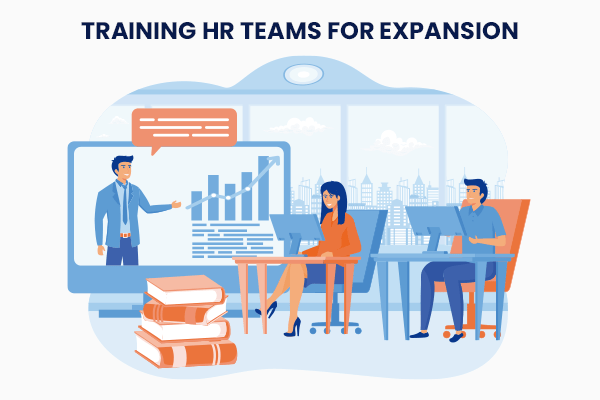
A well trained HR team is vital for managing payroll during expansion. Teams need to understand both the technical aspects of payroll software and the compliance requirements of new markets. Investing in training ensures HR staff can maximize the benefits of HR Payroll Software.
Training Focus Areas
- Software proficiency for efficient use of payroll tools.
- Understanding regional tax and labor regulations.
- Data security protocols to protect employee information.
- Analytical skills to interpret payroll reports and optimize processes.
Must Read: The Importance of Having Recruitment Management Software for Modern Businesses
Monitoring and Optimizing Payroll Performance
Continuous monitoring is essential to ensure payroll remains efficient as businesses scale. Payroll Software In India provides analytics and reporting tools to track payroll performance, identify bottlenecks, and optimize processes.
Key Metrics to Monitor
- Processing time per payroll cycle.
- Error rates in salary calculations or tax filings.
- Compliance adherence across regions.
- Employee satisfaction with payroll accuracy and timeliness.
By regularly reviewing these metrics, businesses can refine their payroll processes and maintain efficiency during expansion.
Conclusion
Managing payroll efficiently during business expansion requires a strategic approach, leveraging tools like HR Software to automate tasks, ensure compliance, and manage employee data. By centralizing processes, integrating systems, and training HR teams, businesses can scale without compromising payroll accuracy or efficiency. Solutions like those from Timelabs provide the automation and scalability needed to navigate the complexities of growth, ensuring payroll remains a strength rather than a challenge.
FAQs
Q1: How can payroll software help with compliance during expansion?
Ans: Payroll software automates updates for tax codes and labor laws, ensuring businesses meet regional compliance requirements without manual intervention.
Q2: What are the benefits of integrating payroll with HR systems?
Ans: Integration streamlines employee data management, reduces errors, and improves efficiency by linking payroll with recruitment, attendance, and performance systems.
Q3: How does payroll automation save costs during expansion?
Ans: Automation reduces the need for additional staff, minimizes errors, and eliminates costly manual processes, allowing businesses to scale efficiently.
Q4: Why is employee data management critical for payroll?
Ans: Accurate employee data ensures correct salary calculations, tax deductions, and compliance, preventing errors that could disrupt operations or employee trust.
Q5: How can businesses ensure payroll scalability?
Ans: Using cloud-based payroll software with centralized data storage and automated workflows allows businesses to handle growing employee numbers without proportional cost increases.
